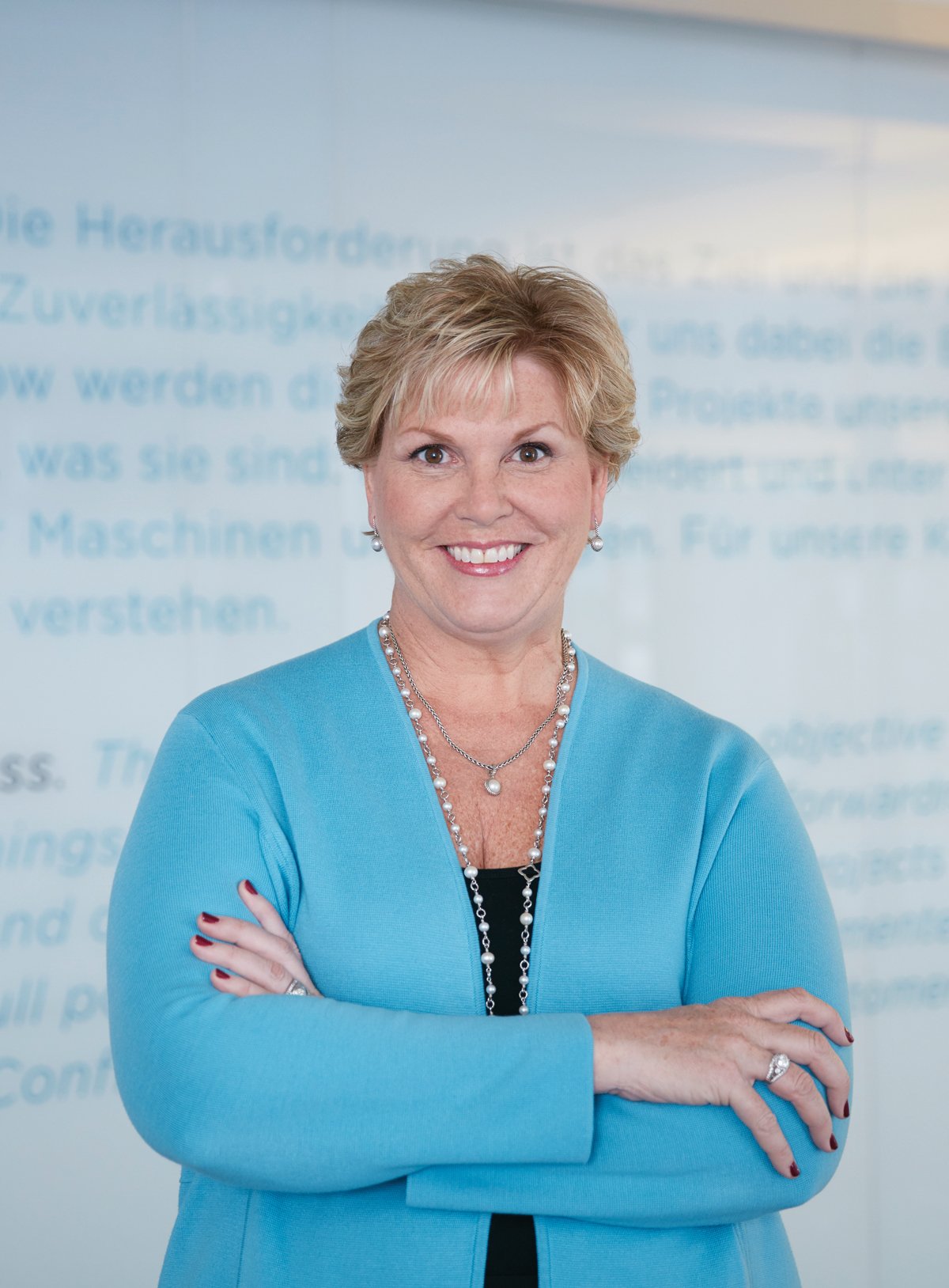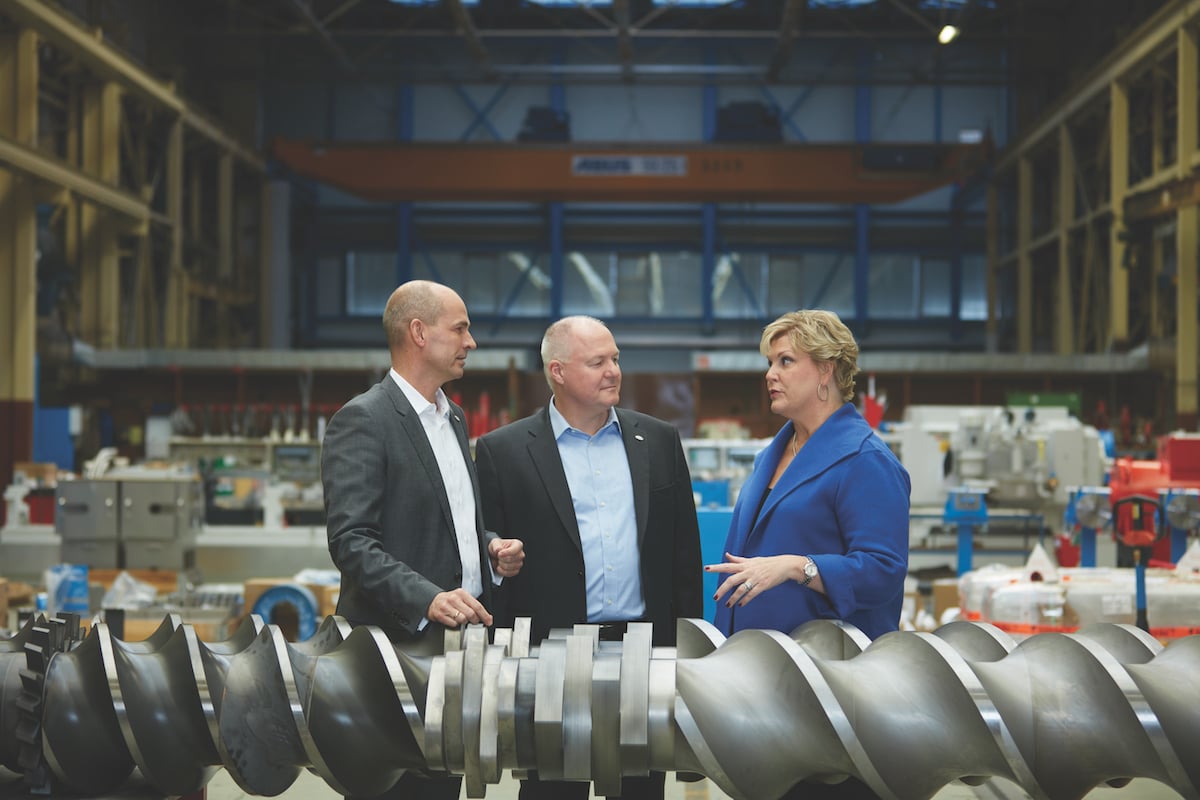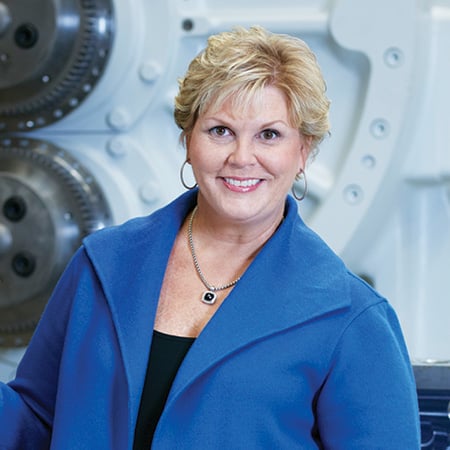The majority of us purchase everyday food items — breakfast cereals, chocolate bars, baby formula, chewing gum — so regularly that we’ve become detached from the process by which they so conveniently come into our clutches. Picking up a plastic container of instant soup prompts little more thought or action other than mentally ticking off an item from a list. However, even minimal contemplation about these food products provokes questions that a company such as Coperion is well equipped to answer: How are these products mixed without destroying them? How do we mix the plastic that ultimately wraps these products?
How does baby food get processed and sealed so that it’s hygienic and safe?
A technology leader in compounding systems, feeding technology, bulk materials handling systems and services, food conveying, production and packaging is but one component of Coperion’s overall undertaking. The majority of its business is generated in the plastics and chemicals industry. Since 2015 Kim Ryan has been the president of this market-leading company, and, building on its 100-plus year legacy, she is looking to further cement it as a business with an end-to-end offering superior to its competitors. “We are a technology company; we set technology standards, and work hard to anticipate the needs in the marketplace,” explains Kim. “We get in front in the industry by being very close to our customers and asking them what they see, and what their challenges are, but we also investigate the types of things customers see as future needs and those are the things that we address in a proactive manner.”

“We are a technology company; we set technology standards, and work hard to anticipate the needs in the marketplace.” – Kim Ryan
While food processing and extrusion is perhaps the most relatable aspect of Coperion’s undertakings, the breadth of what the company carries out in other industries like the plastics or chemicals industry is immense. In order to properly understand its scope, it’s also necessary to comprehend the overarching business model of Hillenbrand, Inc., the US-based company that acquired Coperion in 2012. Hillenbrand is comprised of various brands that exist within 2 business platforms: Process Equipment Group, the platform under which Coperion now sits, and Batesville Casket Company, where Kim first cut her teeth in 1989.
“I was the property accountant for Batesville Casket Company, so I worked across a number of different jobs in the company’s finance departments, and worked within a lot of cross-functional teams during the first 5 years of my career,” explains Kim. “Those early years enabled me to engage with some incredible individuals who ultimately pulled me into their areas of responsibility; specifically, strategy, and then over time I moved into other operational and commercial roles.”
Moving up the ranks, Kim eventually became Vice President of Information Technology for Batesville, a role that saw her manage IT and other shared services for Hillenbrand Industries. Then, in 2005, a decision was made to combine Hillenbrand Industries Corporation with Hill-Rom, the company’s largest operating entity at the time. “I led that integration,” says Kim, “and when it was complete I had the opportunity to run my first commercial division inside Hill-Rom. That was where I really found my love for acting as a general manager of a business.” Having moved back to Hillenbrand — the spin off Hillenbrand Industries — in 2011 to be President of Batesville, Kim was next appointed as President of Coperion in April 2015.
Hillenbrand had only acquired the company 3 years prior, so one of Kim’s first jobs was to develop clarity around the future of the company.

“Other companies can partner, but we can control the entire pipeline for those who are really trying to be progressive in the polyolefins, plastics and chemicals industries.” – Kim Ryan
“I really set about understanding where we were in the adaption of the Hillenbrand Operating Model. I needed to ensure there were no gaps in our adoption of that operating model,” Kim explains. “For me, things like managing and optimising talent, seamless financial integration and transparency, and having a clear point of view on the M&A and how to use that to grow the businesses, have all been priorities. “Those are the things that I have been working on for the past year-and-a-half with the leadership of my division presidents, and I think we have a pretty clear path for how we want to grow our business for, not just the next couple of years, but the next 5 to 10 years.” Given Coperion’s longstanding history as a market leader, particularly in the plastics industry, Kim’s vision for the growth of the company is daring. “When we purchased Coperion it was comprised of Werner & Pfleiderer, Waeschle and K-Tron, which were all leaders in the industries they serviced; compounding and extrusion, materials handling and feeding technologies,” she reflects. “When we brought all of those businesses together, we felt we could create a type of offering that no one else in the marketplace had. We felt we could take our expertise and technology in each of those individual areas to really differentiate ourselves in the way we design systems so that they are much more coordinated and much more cohesive. Other companies can partner for these capabilities, but we can control the entire pipeline for those customers who are really trying to be progressive in the polyolefins, plastics and chemicals industries.”
Kim’s optimism for Coperion’s growth stems as much from the company’s superior technical capacity as from its longstanding culture of perceiving each customer and their requirements as unique. “We use a comprehensive system and process expertise that doesn’t just react to an RFP [request for proposal] from a customer, but we actually engage in a consultative relationship with them,” she says. “Across all of our product offerings we ask customers: Is this the best solution for you, and does it give you the most flexibility for the future?”
The esteem in which Kim, and her team more broadly, holds for her customers is demonstrable. “These are customers who don’t necessarily have a project with us every year, but they do count on us every day, so we need to be able to deliver,” she says. “The projects that we put in last 25, 30, 40 years; they last for generations. So the kind of service that we offer to our customers is paramount.”
Kim attributes the company’s constant success in delivering for its customers to the 2,500 people who make up its employ. “I am very, very fortunate to have so many people focused on the fact that we’ve got to deliver every day in order to turn the vision that we have for growth in the future, into a reality.” Closely linked to this, Kim believes that the other crucial element connecting Coperion to its customers is the company’s global footprint.
“We’ve got about 1,500 associates located in Germany, and the rest of the 2,500 associates are located around the world. So we don’t just visit the markets that we want to operate in, we live in them. We use the local resources who live in these regions to help feed back any unique needs that we then incorporate into our strategy.”
Overwhelmingly, the acquisition by Hillenbrand, Inc., in conjunction with Coperion’s existing operational strategies, is strengthening the business and helping it to expand beyond its tradition of plastics and chemicals. Under Kim’s guidance, the company’s product offerings and global footprint look set to grow.



